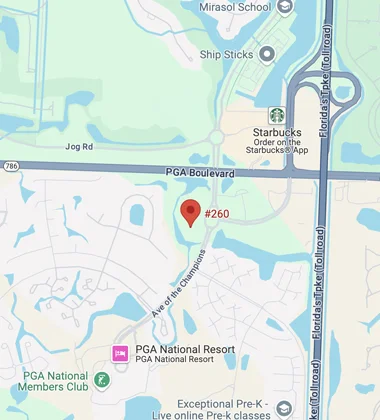What Employees Should Know About the New Rule on Noncompete Agreements

For quite some time, a wide range of employers throughout South Florida have required new employees to sign noncompete agreements in order to restrict the employee’s ability to perform the same or similar work for a competitor in a nearby geographic area for a limited period of time. While noncompete agreements in Florida were required to be reasonable in scope, employers could generally expect to be able to require employees to enter into these agreements as long as they were reasonable. However, if you signed a noncompete agreement with your current employer, or if you are in the process of seeking a new position and have questions about the validity of a noncompete agreement, you should know about a new Federal Trade Commission (FTC) noncompete rule.
In short, the FTC issued notice of a final noncompete rule that effectively prohibits noncompete agreements across industries. Accordingly, many current employees in South Florida with noncompete agreements may not need to abide by those agreements if they want to change jobs or open their own businesses. Our Palm Beach Gardens employment law attorneys can explain in more detail.
What is a Noncompete Agreement?
Before we explain the details of the final noncompete rule, it is critical to understand what is involved in a noncompete agreement. A noncompete agreement is a contract between an employer and an employee that restricts or prohibits the employee from competing against the employer in the future by working for a competitor or opening their own business. These agreements are one kind of “restrictive covenant” in Florida, and these agreements have always been valid “so long as such contracts are reasonable in time, area, and line of business” and are supported by a “legitimate business interests,” according to Florida law.
Details of the FTC Final Noncompete Rule
Although the Florida Statutes expressly permit noncompete agreements that are reasonable in scope and supported by a legitimate business interest, the final FTC noncompete rule will essentially render that statutory law moot — assuming the new rule does take effect.
According to the FTC, the new rule “adopts a comprehensive ban on new noncompete with all workers, including senior executives.” For existing noncompetes, these can remain in force for senior executives, but “existing noncompetes with workers other than senior executives are not enforceable after the effective date.” Only about 1 percent of all noncompete agreements currently affect senior executives, so the rule will mean, in effect, that nearly all existing noncompete agreements are unenforceable.
Effective Date
The new rule is not yet in effect. It will become effective 120 days following its publication in the Federal Register (which is different from the FTC’s announcement of the final rule).
Contact a Palm Beach Gardens Noncompete Agreement Lawyer
If you have any questions about agreements you have entered into with your employer, or if you need assistance specifically related to a noncompete agreement you signed, an experienced Palm Beach Gardens employment law attorney at Sconzo Law Office can assist you. Contact us today to learn more about how the FTC final rule may impact you and what your options are if you have concerns or questions about a restrictive covenant.
Sources:
ftc.gov/legal-library/browse/rules/noncompete-rule
leg.state.fl.us/statutes/index.cfm?App_mode=Display_Statute&URL=0500-0599/0542/Sections/0542.335.html

